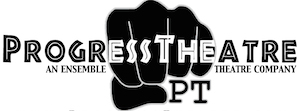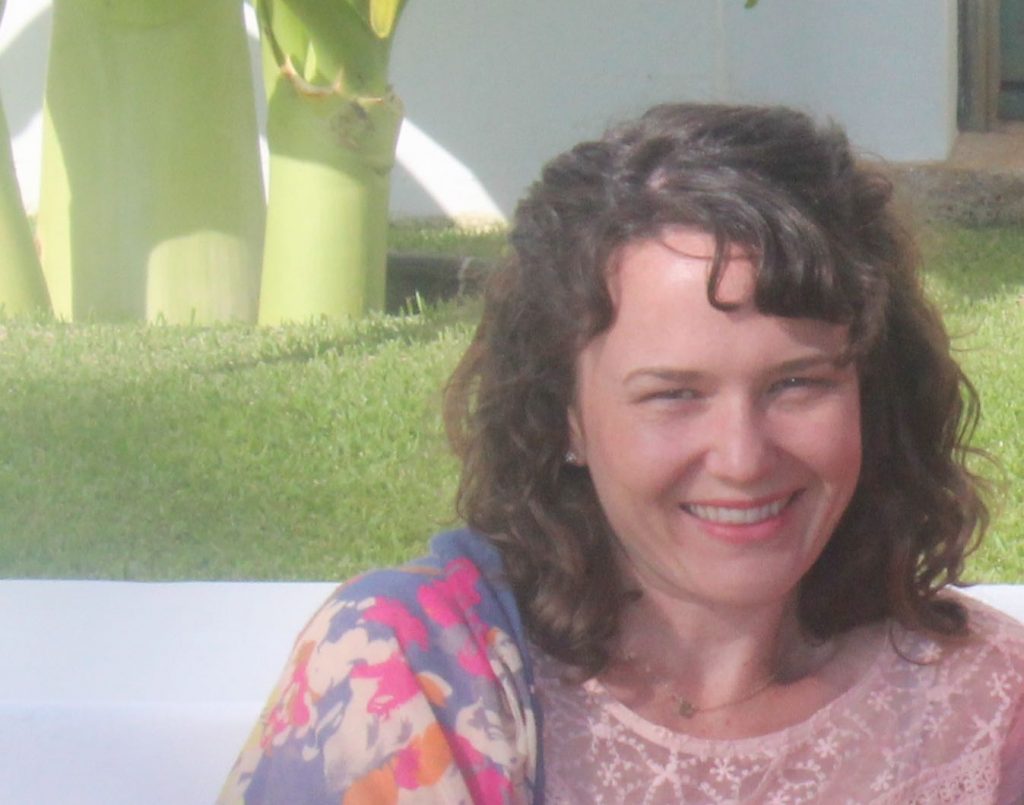For each tour city where Progress Theatre travels to perform, one of our ensemble members uses this blog to reflect on new insights, discoveries, questions and conversations we encounter as we engage with audiences and communities across the country. We share this “Ensemble Blog” as another way of following the tour, continuing the post-show dialogues often started with our audiences, and mapping our journeys “in progress”–literally and figuratively.
When I reflect on our time in Houston, the two words that keep resonating with me are education and specificity. I feel like these topics become more and more urgent with each residency. With every high school that we visit for workshops, the students crave not just the artistic side of what we bring, but more importantly, we hold a mirror up to issues regarding the importance of representation and curriculum.
In one of our many ensemble discussions, Cristal made a great point by saying that education is the front line of activism but it can also be a source of great trauma. Through our discussion, every other member of Progress Theatre had not one but countless stories to share about micro- and macro-aggressions during their K-12 academic life. Yet I, as a White female, had no similar story to share. It’s a shame.
Students of color are lucky if they have a teacher who values their truth and is committed to being just as specific about their story as the rest of the System is about whitewashing the narrative. During one of our talkbacks in Houston (which were incredibly invigorating, so kudos to you Houston!), Cristal expressed the idea of “fake freedom,” which led to the topic of specificity. She expressed the idea and hope that one day we can all enter a room with our own specific stories and not feel the need to erase each other’s narrative because it makes us feel uncomfortable. The problem is for us White people to be specific about our own story, we need to self-educate and dig deep into the painful truth of our past, which has been denied to us. So that’s The Challenge.
I’ll go first. I’m the descendant of Confederate soldiers. I’m the descendant of East Texas landowners who commonly referred to the property as the cotton “farm.” I’m the descendant of many generations of privilege, which have played a part in a wide array of opportunities that have been made available to me, such as being able to afford going out of state for college, renting property with little to no questions asked, and not having to walk through the world with my defenses raised because of the color of my skin.
This rap sheet doesn’t sound very promising for progress, but there is beauty in the fact that in the span of 150 years, descendants of my family have evolved from fighting tooth and nail to maintain the status quo of oppression to battling for justice, equality and true freedom.
Challenging the status quo of White privilege when you are the direct beneficiary of said privilege, while challenging those who reap the benefits of the system, as well, can feel like a daunting and insurmountable feat. But when we act on courage we overcome our greatest fears, get out of our own way and become the strongest, most valuable versions of ourselves.
So, White people, here’s what I want to tell you. I know talking about racism can be scary. We are afraid we might say the wrong thing, or stick our foot in our mouth and be offensive. But the conversations are necessary and mistakes must be made so we can grow.
Let’s do this together and challenge one another to grow and be specific. It’s not Black people’s job to coddle us and educate us. Let’s educate ourselves and, most importantly, listen to our Black brothers and sisters when they are sharing their truths with us.
White people, I challenge you to drop your guard. I challenge you to listen. I challenge you to not get defensive. I challenge you to go to a community meeting and listen to the stories of people who are being forced out of their homes and neighborhoods that are being completely whitewashed because of gentrification.
I challenge you to read books by Black authors with Black protagonists and not get your feelings hurt if they mention a distaste of Whiteness. I challenge you to go through the stages of grief and mourning and truly empathize with our Black brothers and sisters.
Without empathy there can be no acknowledgement. Without acknowledgement there can be no
progress. Without progress there can be no healing.

